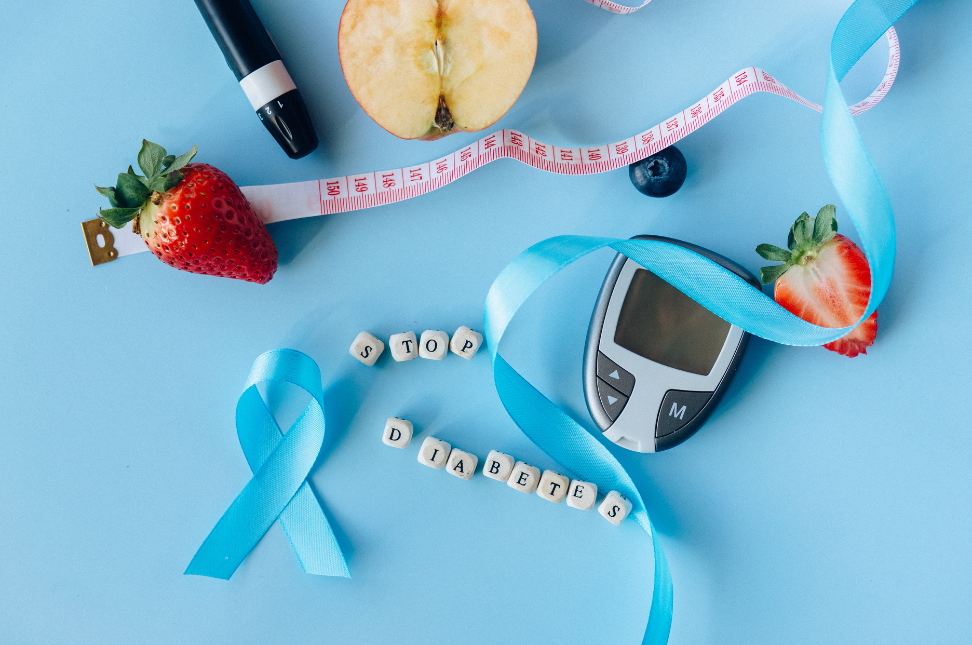Managing diabetes effectively involves making informed dietary choices. Implementing healthy eating tips for managing diabetes can significantly improve blood sugar control and overall health. This article outlines practical tips to help you manage diabetes through healthy eating habits.
Understand Carbohydrates and Glycemic Index
Carbohydrates have a direct impact on blood sugar levels. Understanding their effects is crucial for managing diabetes.
Choose Complex Carbohydrates
Complex carbohydrates, such as whole grains, legumes, and vegetables, are digested more slowly. This leads to a gradual rise in blood sugar. Opt for whole wheat bread, brown rice, and oatmeal instead of refined grains like white bread and rice.
Monitor Glycemic Index
The glycemic index (GI) ranks carbohydrates based on how they affect blood sugar levels. Foods with a low GI, such as most fruits, vegetables, and whole grains, cause a slower, lower rise in blood sugar. Incorporating these into your diet can help manage diabetes effectively.
Balanced Meals
Balanced meals are essential for blood sugar control. Here are some healthy eating tips for managing diabetes through balanced meals:
Incorporate Lean Proteins
Lean proteins, such as chicken, fish, tofu, and legumes, can help regulate blood sugar levels. They provide essential nutrients without adding unhealthy fats. Aim to include a source of lean protein in each meal.
Include Healthy Fats
Healthy fats, like those found in avocados, nuts, seeds, and olive oil, are beneficial for heart health and can help manage diabetes. These fats should be consumed in moderation and used to replace saturated and trans fats.
Eat Plenty of Fiber
Fiber helps slow the absorption of sugar and improves blood sugar levels. Foods rich in fiber include fruits, vegetables, legumes, and whole grains. Aim for at least 25-30 grams of fiber per day.
Portion Control
Portion control is vital in maintaining healthy blood sugar levels. Eating large portions can cause blood sugar spikes.
Use Smaller Plates
Using smaller plates can help control portion sizes. It tricks the mind into feeling satisfied with less food.
Measure Portions
Measuring portions can ensure you are consuming appropriate amounts of food. For example, one serving of cooked rice or pasta is typically half a cup. Learning standard serving sizes can help maintain proper portions.
Regular Meal Times
Regular meal times help keep blood sugar levels stable.
Eat Small, Frequent Meals
Eating smaller, more frequent meals can prevent blood sugar spikes and dips. Aim for three main meals and two to three healthy snacks throughout the day.
Don’t Skip Meals
Skipping meals can lead to hypoglycemia (low blood sugar) and overeating later. Consistent meal times help maintain steady blood sugar levels.
Smart Snacking
Snacking wisely is another crucial aspect of healthy eating tips for managing diabetes.
Choose Nutrient-Dense Snacks
Opt for snacks that combine protein, healthy fats, and fiber. Good choices include a small apple with peanut butter, a handful of nuts, or yogurt with berries.
Avoid Sugary Snacks
Avoid snacks high in sugar and refined carbs, such as candy, pastries, and chips. These can cause rapid spikes in blood sugar.
Stay Hydrated
Hydration plays a key role in managing diabetes.
Drink Water
Water is the best choice for staying hydrated. It has no calories or sugar, unlike many beverages. Aim for at least 8 glasses of water a day.
Limit Sugary Drinks
Avoid sugary drinks like soda, fruit juices, and energy drinks. These can cause significant blood sugar spikes.
Mindful Eating
Practicing mindful eating can help you make better food choices and manage diabetes.
Pay Attention to Hunger Cues
Eat when you are hungry and stop when you are full. This helps prevent overeating and maintains steady blood sugar levels.
Avoid Distractions
Avoid eating while watching TV or working. Focusing on your meal can help you enjoy your food more and recognize when you are satisfied.
Planning and Preparation
Planning and preparing meals in advance can help you stick to your dietary goals.
Plan Your Meals
Plan your meals for the week, focusing on balanced, nutritious options. This can help you avoid last-minute unhealthy choices.
Prepare in Advance
Prepare meals and snacks in advance to make healthy eating easier. Pre-cut vegetables, cook proteins, and portion snacks to grab on the go.
Consult with Professionals
Finally, working with healthcare professionals can provide personalized guidance.
Meet with a Dietitian
A registered dietitian can offer personalized advice and meal plans tailored to your needs. They can help you understand how different foods affect your blood sugar.
Regular Check-Ups
Regular check-ups with your healthcare provider can monitor your diabetes management and make necessary adjustments to your eating plan.
Conclusion
Implementing healthy eating tips for managing diabetes can significantly improve your health and quality of life. Understanding carbohydrates, eating balanced meals, controlling portions, and staying hydrated are all essential strategies. By making these changes, you can effectively manage your diabetes and enjoy a healthier lifestyle. Remember, consistent efforts and professional guidance can make a substantial difference in your diabetes management.




